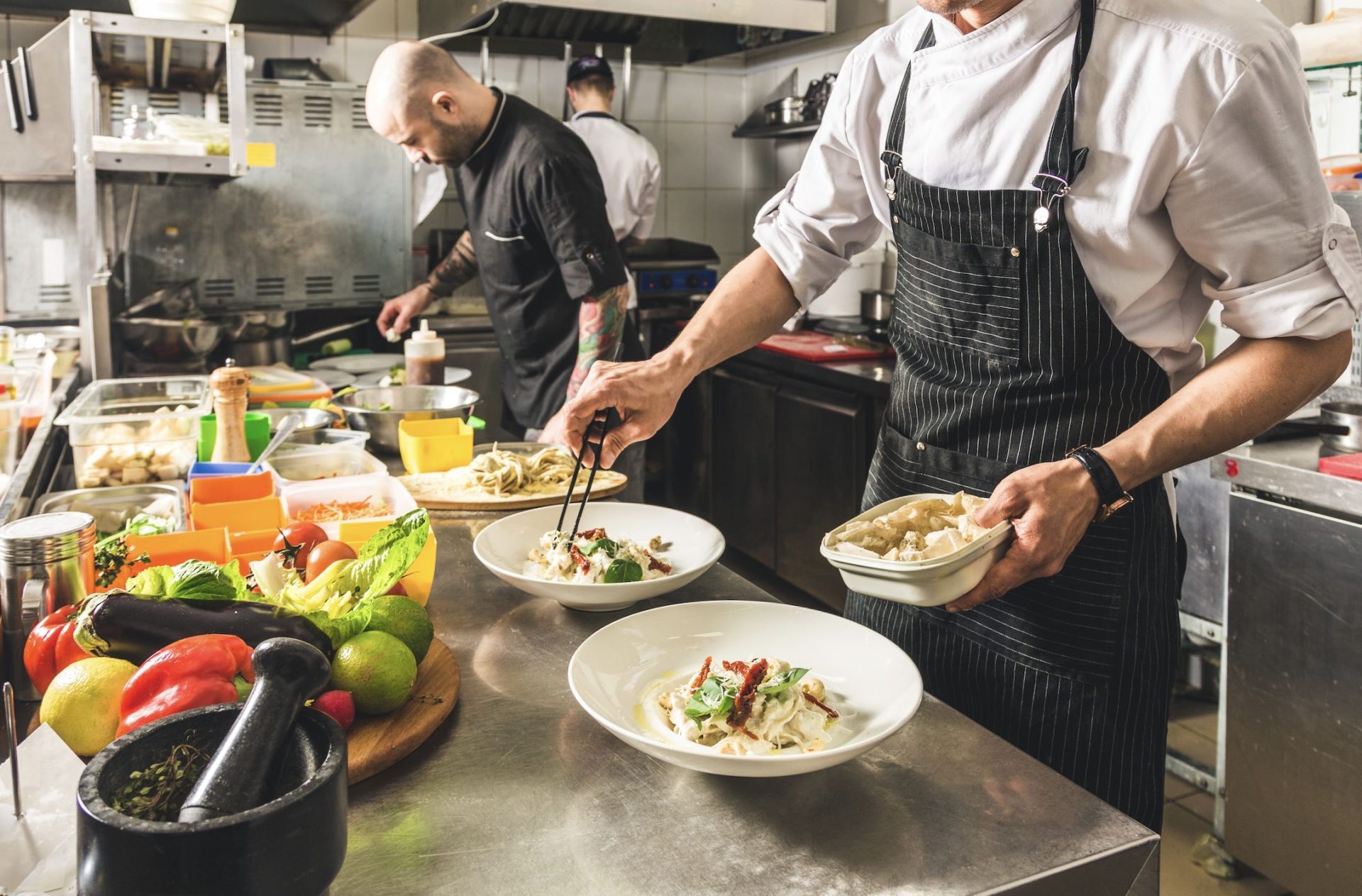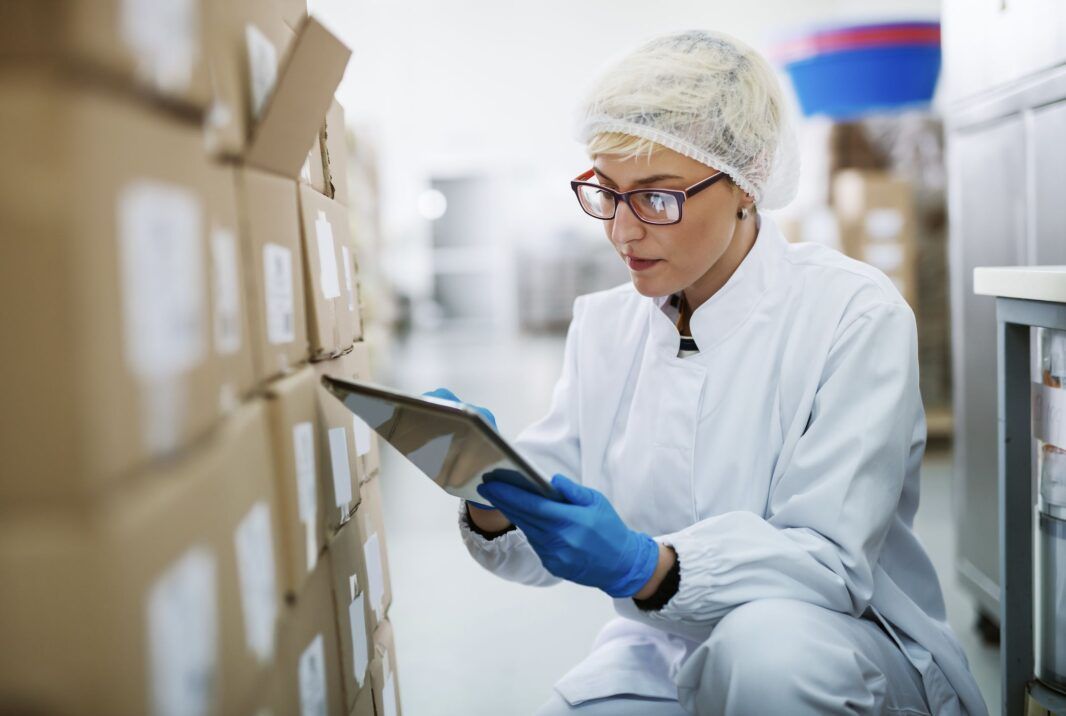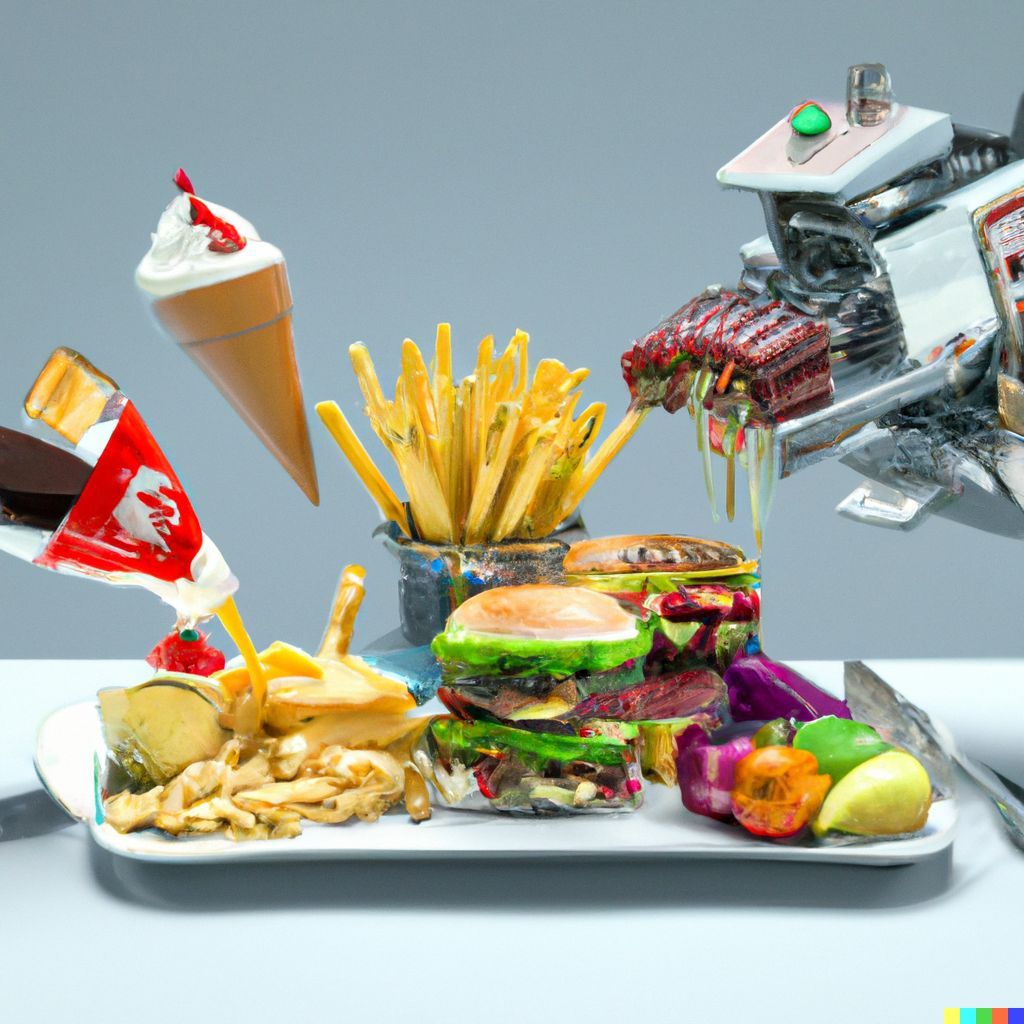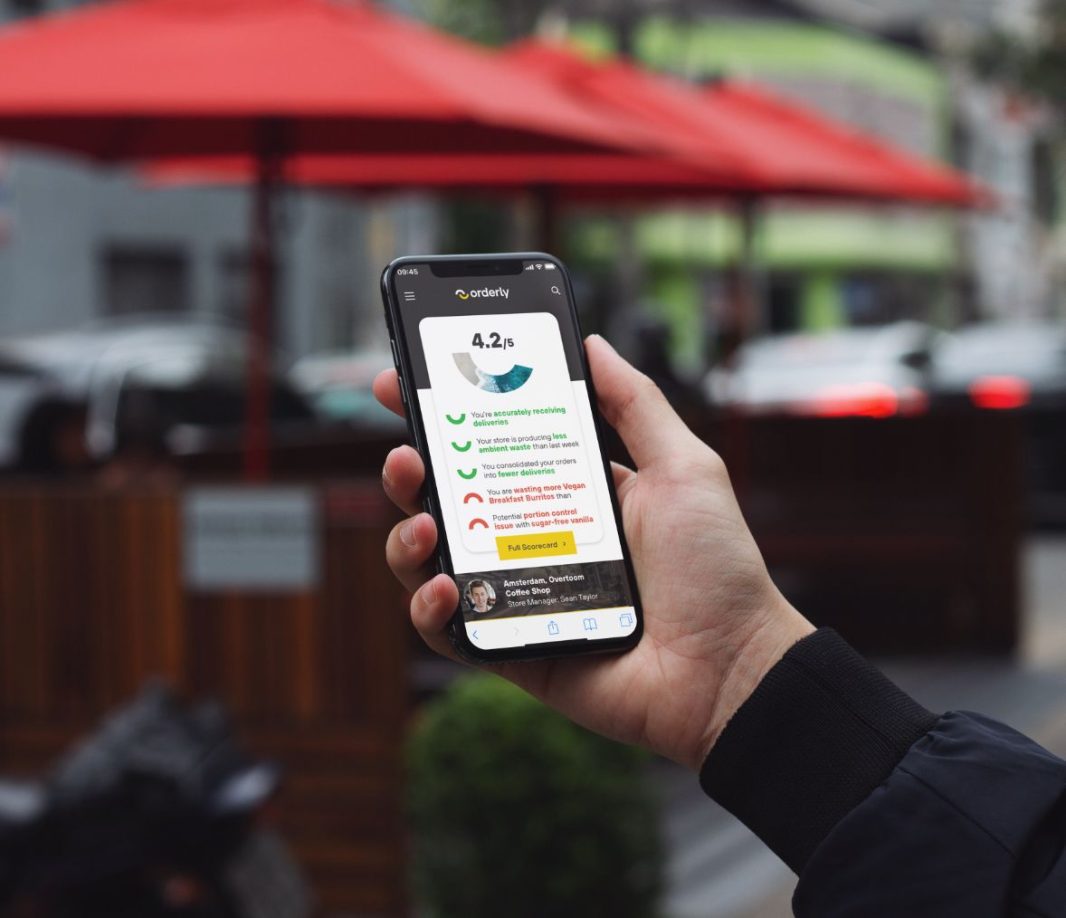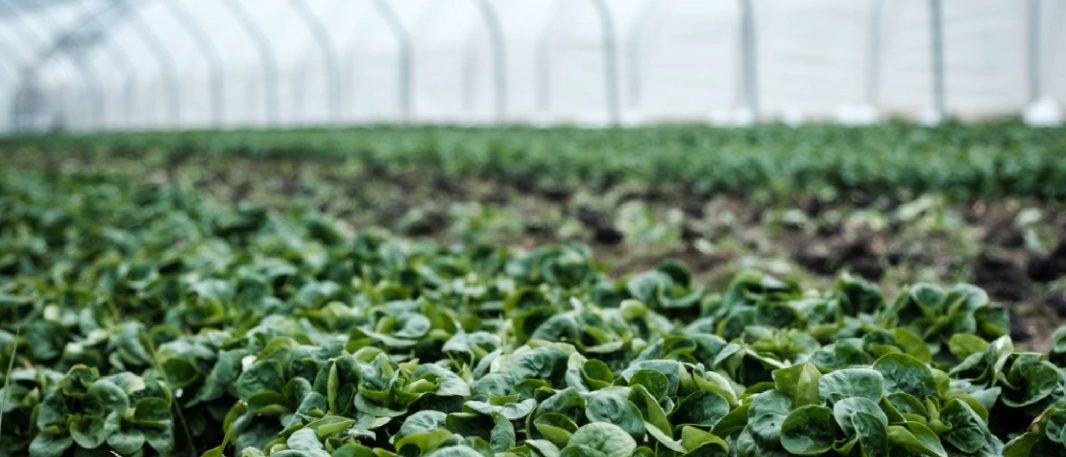Want to ensure that your food and beverage business has employees who can not only follow but get behind your sustainability attempts?
Did you know that whilst the big decisions about your packaging, processes and even the ingredients you use all have an impact; it is, in fact, the little things that your employees do on a day-to-day basis that can make or break how sustainable you are as an organisation.
Here are the top reasons employees can give up the fight against food waste – and what you should be doing to ensure they get on track.
1. Lack of clarity on your sustainability goals.
You have no doubt heard of the quote from Zig Ziglar –
“If you aim at nothing, you will hit it every time.”
If your move towards sustainability contains words like ‘reduce’ and ‘improve’, you lack the structure to change it. That’s why Orderly stacks up so well in major food and beverage businesses – we give managers and employees a simple scorecard that shows just a few areas where they can improve, as well as an overall score. What could be simpler?
Watch out for weasel words. We see this all the time in press releases, but when speaking to your people – be clear and frank.
Things like “We aim to source 100% of the Soy in our supply chain from physically traceable, sustainable, and deforestation-free sources by this date”. Sounds good – but do you aim for it or intend to achieve it?
To make it even firmer, you could re-write this as
“By this date, we will source 100% of the Soy in our supply chain from physically traceable, sustainable and deforestation-free sources.”
A 2015 study by psychologist Gail Matthews showed when people wrote down their goals; they were 33 per cent more successful in achieving them than those who formulated outcomes in their heads. So ask your teams to write down their goals for this year and see what can be tweaked or refined.
2. Too much paperwork
We know that food and beverage businesses rely on paper, and the vision of an AI-driven, robotic food and beverage business is a way off. However, it can feel like the sector sits at the back of the queue for technical innovation. Digital forms can improve your food and beverage data capture, documentation, communication, and customer care regarding sustainability.
We still see clients using spreadsheets, and the amount of food safety compliance checks and ordering food supplies that end up with ink on paper is shocking. Some people still use mental checks and balances to ascertain which food sells best, allowing them to stock up on the right ingredients, thereby minimising produce that might otherwise go to waste.
It’s okay – but it’s not a slick process. Employees tasked with paperwork are going to pack in their food waste fighting as soon as they can – but if you give them the right tools, such as food tech for good apps with built-in food safety features and data capture, then you’ll be on the path to a more sustainable food and beverage business.
3. Not enough incentives to drive change
If your employees don’t feel like they are being rewarded for their efforts towards making the leaner and more sustainable, they may well stop.
You might think they want money or other perks, but the small hit of dopamine from being told ‘great job’ is enough. Yes really!
Science says that novelty-related dopaminergic activity within several brain structures is involved in recognition memory. Dopamine release has been related to motivated behaviours and predicting and coding rewarding events (Schultz et al., 1993; Schultz, 1998). The evidence shows that VTA dopaminergic neurons increase their firing rate to signal reward (Berridge & Robinson, 1998; Nomoto et al., 2010; Fiorillo, 2013)
In layman’s terms, you need to keep recognition high and make it frequent but not predictable. Again the Orderly dashboard is designed to show happy faces to reward great behaviour.
4. You aren’t using tech to engage your team remotely.
Many food and beverage businesses operate on tight timelines, meaning that staff don’t have time to dedicate to tracking food waste or investing in new technologies for good. It’s hard enough to keep up with orders during a busy shift – let alone find the time to implement sustainable practices. The solution is always in technology.
Let’s look outside food and beverage for how that works in a world known for its fast pace – banking.
One global bank introduced technology as an engagement platform and app to raise awareness of the brand’s environmental and CSR objectives. The aim was to encourage employees to reduce their environmental footprint. Bear in mind these are employees who are dealing with big numbers.
The difficulty is getting them to see the harm of leaving on lights in the evenings. The results were good – very good. Despite being virtual to attract evening teams, they picked up an average communications open rate of 44% (there is an industry average of around18%), and there was an average electricity reduction of 5% in some areas and a reduced overall energy consumption from 30% to 10% in branches. This solution mixed the power of an app to attract people who were working all hours – and to get these results shows the beauty of tech – that it’s always on. You don’t even need to be driving it verbally yourself.
Are you looking to make sustainability a priority with your teams this year? We must ensure that we drive down the scary stat that 40% of all food produced yearly goes uneaten. Speak to us today! We’re here to show you how our engaging solution can drive real change in your business.

